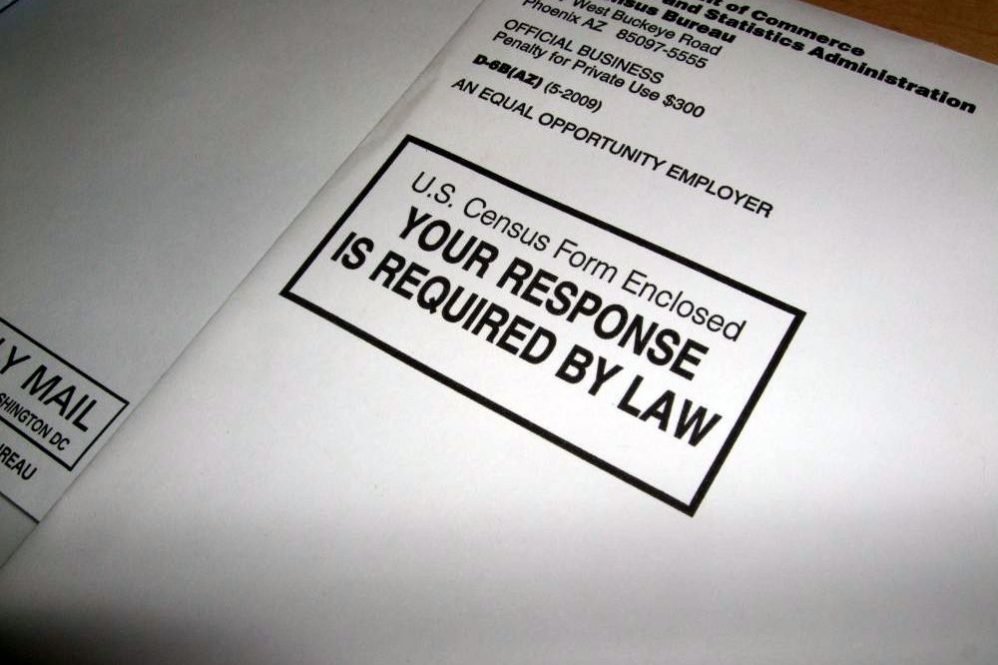No, Illegal Immigrants Should Not Be Included In The Census
Counting illegal immigrants in the census would warp our elections and flies in the face of any common-sense interpretation of the U.S. Constitution.
It is useful to start with a not-so-hypothetical possibility. Suppose that next April 1, the official counting day for the 2020 census, a caravan of 10,000 citizens of Honduras storms across the U.S. border into Texas. Their leaders proceed to proclaim intent to remain as permanent residents.
According to the Census Bureau’s Residence Rule, they can immediately fill out census forms and be included in the population of Texas for purposes of determining the state’s number of House seats and Electoral College votes. Similarly, the 1 million people subject to final deportation orders who remain in this country must be counted. The bureau’s current test is whether someone resides here, regardless of legal status, and nothing in its rule excludes them.
The common sense response to these conclusions is: excuse me? To which the bureau would likely reply that the Constitution requires it. Move along. Nothing to see here.
The law may be an ass, per Charles Dickens, but when a result so contradicts common sense it should make us pause and take a closer look. Sure enough, there is a lot to see here, and the answer underneath it all is illuminating.
What Does the Constitution Say on the Issue?
Three essential questions are involved in this situation. First, does the U.S. Constitution require that illegal immigrants be counted for purposes of apportioning House seats and electoral votes? Second, if the Constitution is ambiguous, can the Department of Commerce decide whether to include illegal immigrants? Third, do Supreme Court precedents on one-person-one-vote require that illegal residents be excluded from the apportionment count because their inclusion dilute the votes of citizens and legal residents?
Read the rest from James V. DeLong HERE at The Federalist.








Comments are closed.